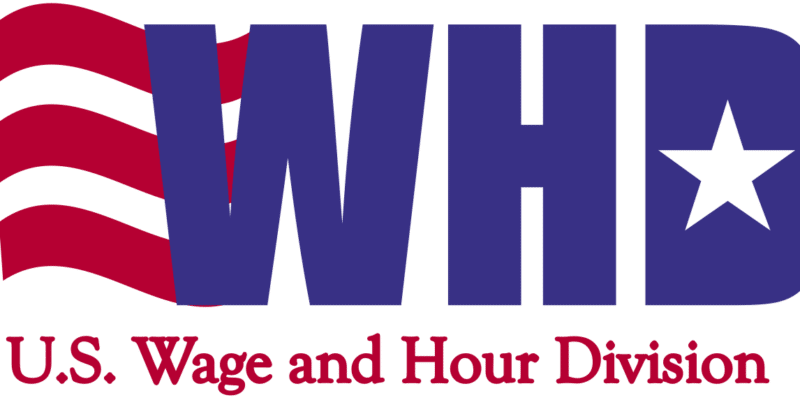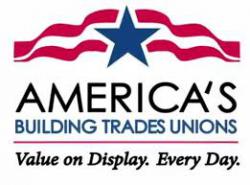The U.S. Department of Labor’s Wage and Hour Division (WHD) will offer compliance seminars for contracting agencies, contractors, unions, workers, and other stakeholders to provide information on paying prevailing wages on federally funded construction and service contracts.
The virtual prevailing wage seminars will include video trainings on a variety of Davis-Bacon Act and Service Contract Act topics that participants can view at their convenience, followed by corresponding virtual Question & Answer sessions, which will be offered live on multiple dates throughout the year to accommodate participants’ schedules. Sessions on Davis-Bacon compliance are scheduled for March 8, June 27, and September 13, and sessions on SCA compliance are scheduled for March 9, June 28, and September 14.
The training is a component of WHD’s ongoing efforts to increase awareness and improve compliance with federal prevailing wage requirements.
While seminar attendance is free, registration is required. More information, including the links to video trainings and virtual Q&A session dates, will be provided to participants upon registration.
For more information on the Davis-Bacon Act, the Service Contract Act, and other federal wage laws, please call the Department’s toll-free helpline at 1-866-4US-WAGE (487-9243) or visit dol.gov/whd.







